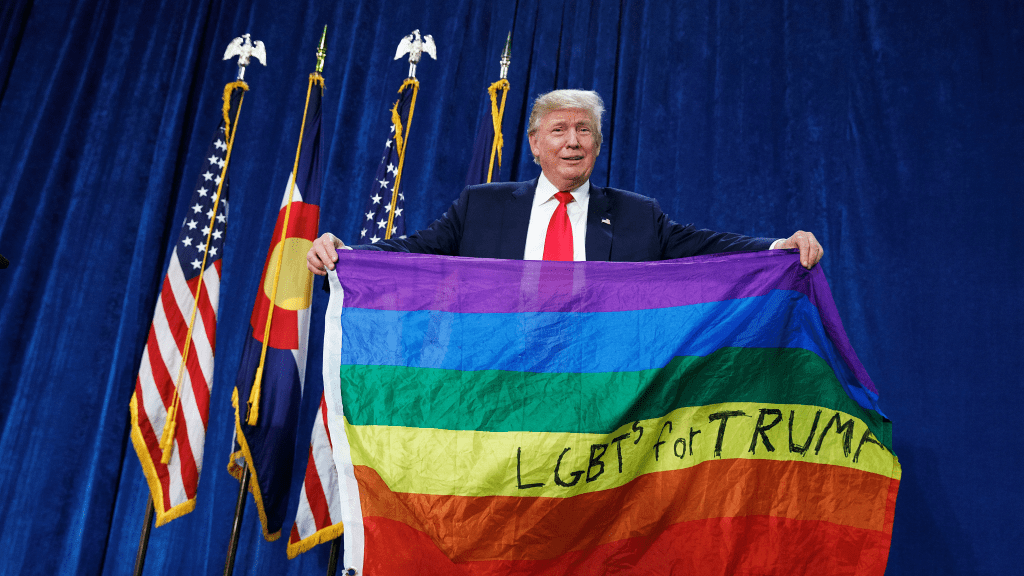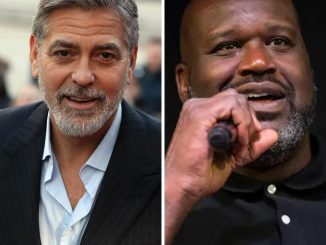
President Donald Trump has rescinded several executive orders aimed at promoting diversity, equity, inclusion (DEI), and safeguarding the rights of LGBTQ+ individuals and racial minorities. His actions reverse initiatives put in place by his predecessor, Joe Biden, particularly those addressing racial equity and discrimination against LGBTQ+ people.
Shortly after taking office, Trump repealed a number of executive orders that had advanced racial equity for underrepresented communities and offered protections for gender identity and sexual orientation. His administration’s moves represent a sharp contrast to Biden’s approach, which prioritized fostering diversity and inclusion across federal policies.
Trump’s policies include the reversal of two significant orders from Biden’s first day in office—one focused on supporting underserved communities and the other aimed at preventing discrimination based on sexual orientation or gender identity. Additionally, Trump’s administration is reviewing various federal programs related to environmental justice and diversity training initiatives, and it may terminate those deemed discriminatory by the new government.

Trump’s inauguration, which took place on Martin Luther King Jr. Day, marked the announcement of these changes. In his speech, Trump vowed to create a society that is “color blind” and merit-based. He emphasized that the U.S. government would only recognize two sexes—male and female—and vowed to cease promoting “gender ideology” in federal policies. This term, often used by conservative groups, refers to views that challenge traditional understandings of gender and sex, and has been criticized as derogatory by LGBTQ+ advocacy groups.
Civil rights organizations have condemned these executive orders, vowing to protect marginalized communities and fight back against what they see as harmful rollbacks. Advocates for immigrant rights, transgender individuals, and marginalized racial and ethnic groups expressed concerns that Trump’s actions would undermine decades of progress toward equity and inclusion.
Many large corporations have distanced themselves from certain DEI measures, while companies like Costco and Apple have maintained their commitments to diversity programs. Furthermore, Trump’s administration is poised to limit federal funding for gender transition medical procedures and restrict the application of a significant 2020 Supreme Court ruling, Bostock v. Clayton County, which extended civil rights protections to LGBTQ+ individuals.

The issue of transgender rights remains a contentious political topic, especially in relation to transgender women in sports, an area where Trump has indicated he will take action to prevent men from participating in women’s competitions. The impact of these orders on the U.S. military, particularly regarding transgender service members, remains uncertain, as Trump had previously announced a ban on transgender troops during his first term—a policy later overturned by President Biden.
This ongoing legal and political debate highlights the ongoing tension between efforts to protect marginalized groups and actions taken to reduce government involvement in diversity and inclusion initiatives.


